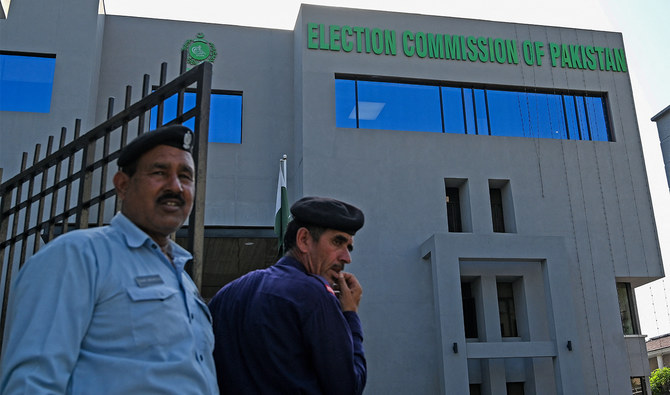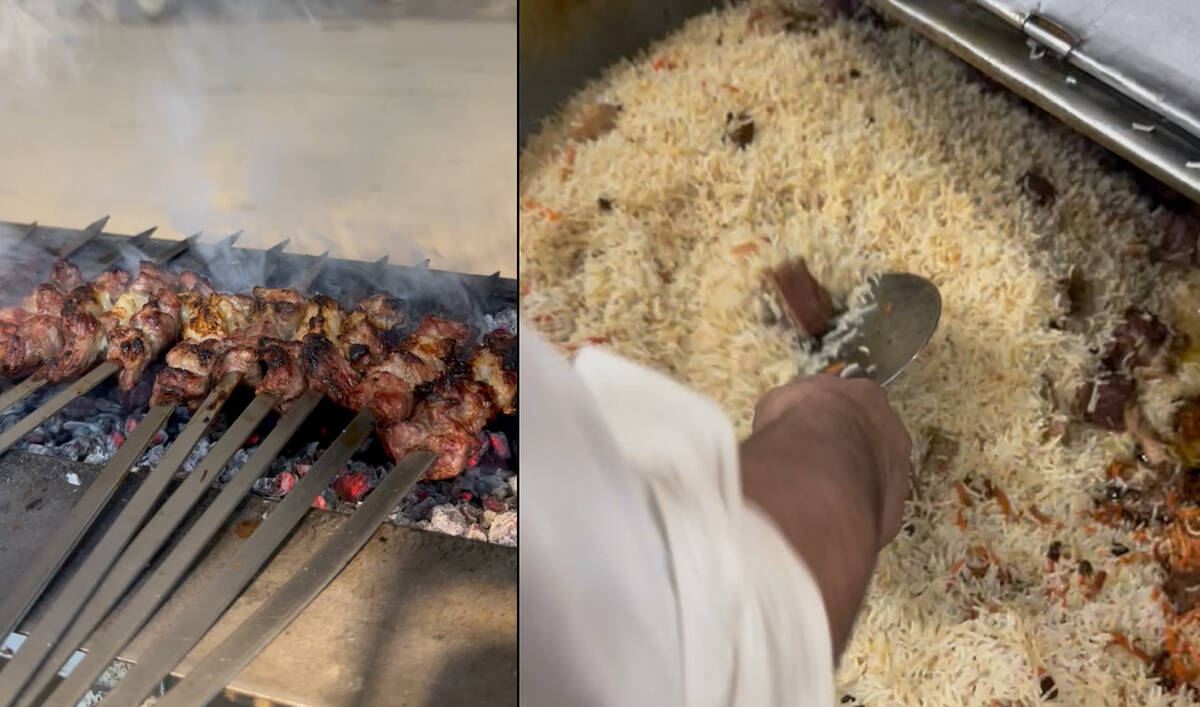ISLAMABAD: Pakistan’s election regulator will issue a schedule for the upcoming national elections “in few days,” its top official said on Thursday, as the South Asian country gears up for the February 8 polls.
Elections were originally expected to take place in November after Pakistan’s national and two provincial assemblies were dissolved in August before reaching the end of their tenure. However, Pakistan’s election regulator decided to redraw hundreds of national and provincial constituencies based on a digital census carried out in April before arranging the electoral contest.
The Election Commission of Pakistan (ECP) later scheduled the voting process for the last week of January, before announcing Feb. 8 as the final date after consultations with the country’s President Dr. Arif Alvi on the Supreme Court’s instructions.
In his message on Voters Day, Chief Election Commissioner (CEC) Sikandar Sultan Raja once again assured the masses that February 8 would be the polling day, dispelling speculation about further delay in the conduct of national elections.
“Election schedule will be issued in few days,” Raja said in a statement. “Polling [for the general election] will be held on February 8, 2024.”
As Pakistan gears up for the general elections, many analysts expect the polls to lead to the South Asian country to some stability after more than a year of political turmoil, following the ouster of ex-prime minister Imran Khan in a parliamentary no-trust vote in April 2022.
The CEC’s statement came a day after Caretaker Information Minister Murtaza Solangi said the federal cabinet did not have any “second thoughts” about holding the polls on February 8.
“The thing is, problems of security and the weather will always remain,” Solangi said in an interview. “But in the federal cabinet, there is no doubt, neither is there any worry nor any second thoughts that we would not hold elections on Feb. 8.”
Pakistan has seen a surge in militant attacks in its western regions bordering Afghanistan ever since a fragile truce between Islamabad and the Pakistani Taliban broke down in November 2022.
The Jamiat Ulama-e-Islam Pakistan (JUI-F), a prominent religious party, last month urged the ECP to delay polls till the security situation in the country improved.
Solangi said Pakistan had held elections in the past despite the threat of militancy, when the security situation was far worse.
“Maybe our memories are a bit weak,” he said. “What was the security situation in 2008 and 2013? If we compare it [to now] then it is nothing.
This week, the ECP also issued a directive for satellite television channels, warning them against airing speculative news about a delay in elections.





















